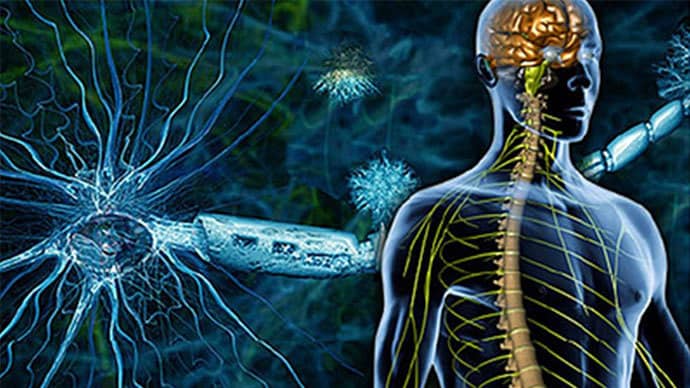High-Dose Immunosuppression and Autologous Transplantation for Multiple Sclerosis (HALT-MS) is a new clinical trial that has provided evidence that High-Dose Immunosuppressive Therapy (HDIT) and Autologous Hematopoietic Cell Transplant (HCT) can lead to prolonged remission of Relapsing-Remitting Multiple Sclerosis (MS). 69 percent of HALT-MS trial participants have survived 5 years after receiving HDIT/HCT treatment without progression or relapse of the condition. The success rate of this one-time treatment is higher than that of MS drugs currently available in the market.
The researchers in HALT-MS were testing for safety, efficacy and durability of the treatment results in volunteers aged 26 to 52 years with Relapsing-Remitting MS. The volunteers experience inflammation, frequent and severe relapses and worsening neurological disability despite taking clinical MS drugs.
The research was conducted by the Immune Tolerance Network (ITN) and funded by the National Institute of Allergy and Infectious Diseases (NIAID). The findings of the study were reported twice; three-year results in December 2014 and the final five-year report in February.
Research Findings
69 percent of the trial patients were in total remission five years post-HDIT/HCT treatment. The participants did experience “progression of disability, relapse of MS symptoms or new brain lesion”. They also did not take any MS drugs in the years after the treatment.
“These extended findings suggest that one-time treatment with High-Dose Immunosuppressive Therapy and Autologous Hematopoietic Cell Transplant (HDIT/HCT) may be substantially more effective than long-term treatment with the best available medications for people with a certain type of MS,” said NIAID Director Anthony S. Fauci, M.D. “These encouraging results support the development of a large, randomized trial to directly compare High-Dose Immunosuppressive Therapy and Autologous Hematopoietic Cell Transplant (HDIT/HCT) to the standard of care for this often-debilitating disease.”
Benefits Discovered from Research
The treatment removes the disease-causing cells and rebuilds the immune system by suppressing the active disease cells. The doctors would first collect the participants’ blood-forming stem cells, deplete the immune system using high-dose chemotherapy, and return the participants stem cells to reset the immune system.
Many trial patients have shown significant physical improvement, their MS has stabilized and they have remained in remission five years after treatment.
Future Implications of Research
Dr Richard Nash of Colorado Blood Cancer Institute and Presbyterian and the principal investigator of the HALT-MS study stated the requirement of further evaluation of benefits and risks of HDIT/HCT. According to Nash, the five-year results suggest the promise of this treatment for inducing long-term, sustained remissions of poor-prognosis relapsing-remitting MS.
“If these findings are confirmed in larger studies, HDIT/HCT may become a potential therapeutic option for patients with active relapsing-remitting MS, particularly those who do not respond to existing therapies,” said Daniel Rotrosen, M.D., director of NIAID’s Division of Allergy, Immunology and Transplantation.
H/T: Neurology.org




 English
English